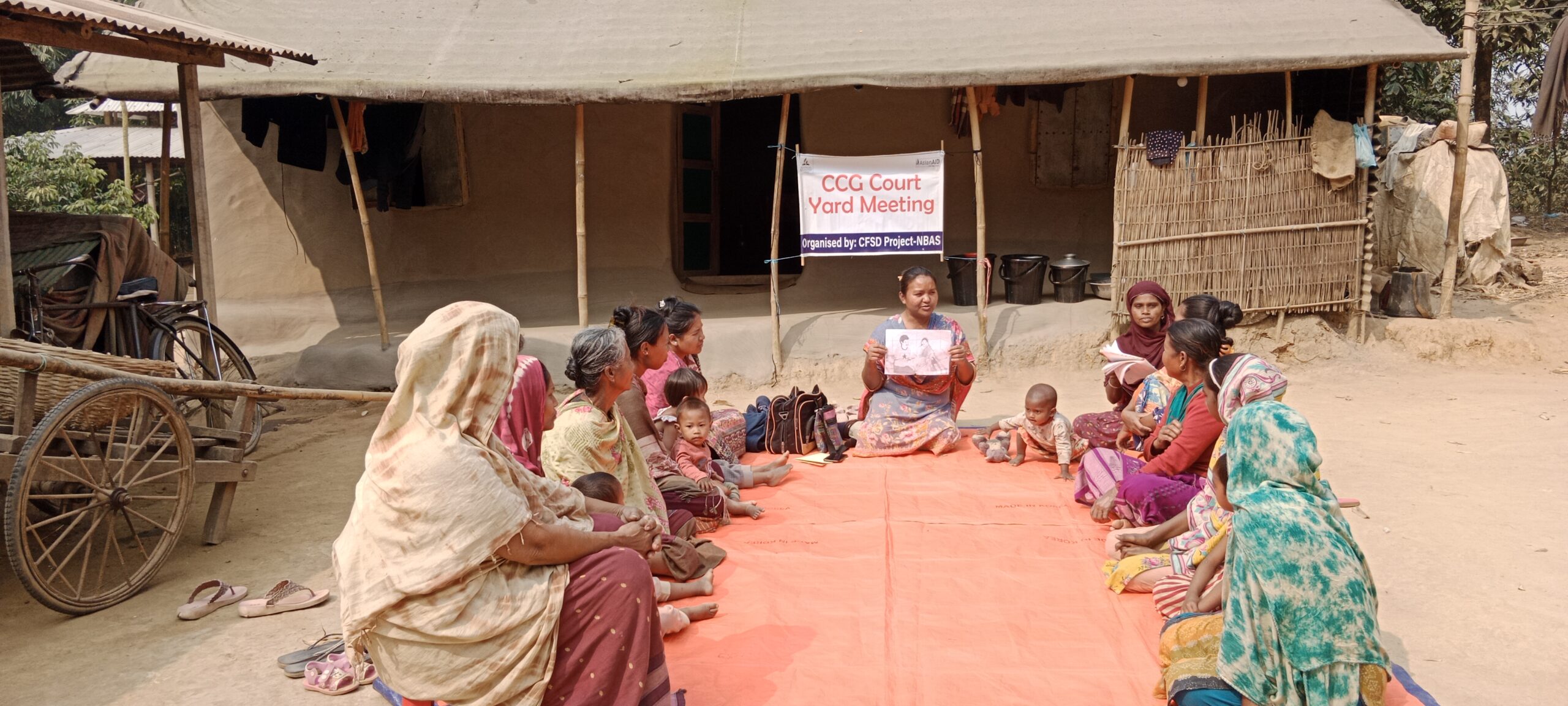Remote and underserved communities in Nepal, Bangladesh and India often face critical challenges in accessing even the most basic healthcare. In these regions, Asian Aid is playing a vital role—bridging gaps left by underfunded systems and reaching people who might otherwise go without care.
 Here are the Top 10 things Asian Aid is doing to make a difference:
Here are the Top 10 things Asian Aid is doing to make a difference:
✅ 1. Provide Mobile Medical Clinics
Asian Aid organises mobile outreach programs that bring doctors, nurses, and medications to villages that lack clinics or hospitals.
✅ 2. Fight Preventable Diseases
We run mass awareness drives and sessions to protect children and adults from preventable diseases like measles, polio, and hepatitis, often in partnership with local health authorities.
✅ 3. Train Community Health Workers
We empower local residents (especially women) with basic health training so they can serve as trusted caregivers and first responders in their own villages.
✅ 4. Improve Maternal and Child Health
We provide prenatal checkups, safe birth kits, nutrition support, and postnatal care, reducing maternal and infant mortality rates in areas with no OB/GYNs.
✅ 5. Run Health Education Programs
Using local languages and culturally sensitive methods, we teach basic hygiene, disease prevention, nutrition, and sexual health in schools and communities, helping families make informed choices.
✅ 6. Provide Much-needed Health Checks
We provide dental, eye, and general health checks in schools and communities as well as distribute life-saving medications, medical supplies, and emergency kits where pharmacies are rare or too expensive for local families.
✅ 7. Fight Malnutrition
We provide school lunches for children each day, distribute food and fruit tress, and teach families how to grow or prepare balanced meals.
✅ 8. Promote Clean Water and Sanitation (WASH)
We install safe water sources, toilets, and handwashing stations, and train communities in sanitation practices to prevent disease outbreaks.
✅ 9. Address Mental Health and Trauma
We are now providing mental health care and trauma care.
✅ 10. Advocate for Health Rights and Policy Change
Beyond direct service, we work to influence local and national governments, pushing for health equity, funding, and policy reforms that prioritise the underserved.
Go to our Gift Catalogue if you would like to support one of these programs.